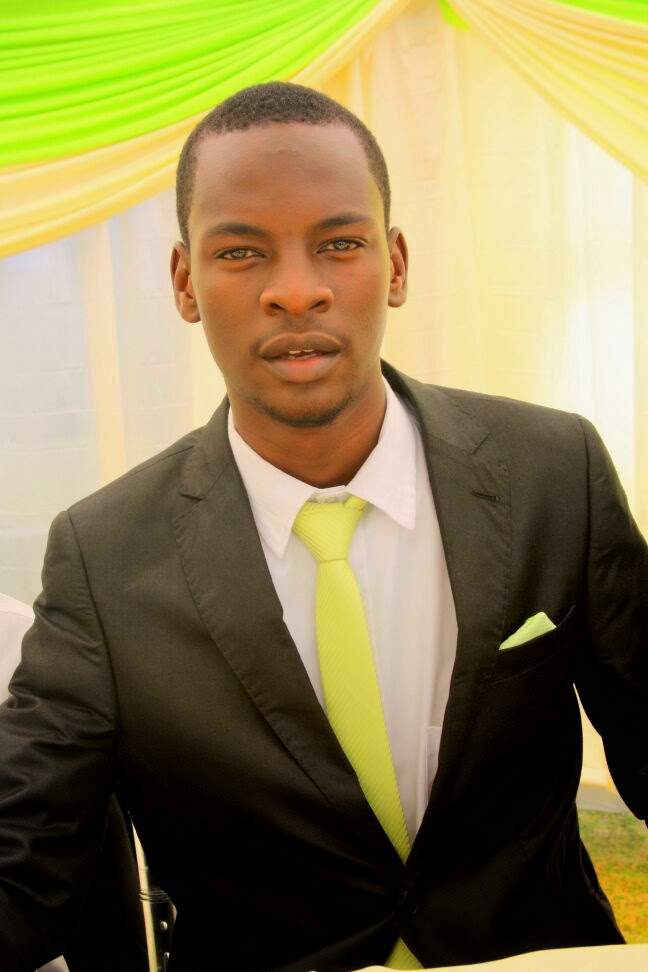
IN 1979 Zimbabwe experienced a rise of what seemed to be strong political figures.
Others emerged from the church, others from the liberation struggle and others from civil society.
On March 3 1978, Abel Muzorewa who emerged from the church, Ndabaningi Sithole from Zanu and other non-exiled leaders signed an agreement at Governor’s Lodge, Salisbury, which paved the way for an interim government, the leadership of which was an executive council made up of Muzorewa, Sithole and Jeremiah Chirau, along with Ian Smith.
This executive council was to run the affairs of State prior to elections taking place. A new constitution was drafted reserving 10 seats in the Senate, 28 seats in the House of Assembly for the white minority and a quarter of the Cabinet positions.
The constitution was approved in a nearly whites-only referendum that took place in January 1979. An overwhelming majority of 85% voted yes.
Elections were held and the UANC won. Josiah Gumede from the trade unions became the first president, Muzorewa became prime minister and the country’s name was changed to Zimbabwe-Rhodesia.
However, both President Robert Mugabe and the late Vice-President Joshua Nkomo, who had armed wings, denounced the arrangement. The war then had to continue and no international recognition was forthcoming because their parties had not been included in the elections.
The settlement was condemned by the United Nations Security Council Resolution 423 of 1978, declaring unlawful any “internal settlement” in Southern Rhodesia.
- Chamisa under fire over US$120K donation
- Mavhunga puts DeMbare into Chibuku quarterfinals
- Pension funds bet on Cabora Bassa oilfields
- Councils defy govt fire tender directive
Keep Reading
The civil war that Ian Smith hoped to stem when he worked out the “internal settlement” continued unabated.
The attempt to exclude Mugabe and Nkomo from being politically active in an independent Zimbabwe might have failed, but it was, in my view, a good thing to exclude them.
At this point in 2014 we are faced with rather the same situation as was in 1979.
In this case we have three major players — Emmerson Mnangagwa and Joice Mujuru from the liberation struggle, Morgan Tsvangirai and Welshman Ncube from the pro-democracy movements, and First Lady Grace Mugabe, prophets and pastors from Robert Mugabe’s camp.
The players from the liberation struggle claim to have the country’s best interest at heart.
However, the division between the parties is way beyond repair.
Once Mugabe’s rule ends, this group is likely to cause Zimbabwe a serious problem, because to a greater extent both Mujuru and Mnangagwa are military people.
As according to nature, everyone when seeking a solution to problems uses formulas they know best. These two know no other solution to power dispute apart from war. 
The second group of Tsvangirai and Ncube is flexible.
This is the group that brokered the 2009 Global Political Agreement. As much as Ncube and Tsvangirai do not agree on many fundamental principles, when it comes to any situation that is detrimental to Zimbabwe, more often than not they close ranks and work together.
Nevertheless, there is great mistrust in this group. Ncube has made it quite clear that he has no faith in Tsvangirai’s leadership style which he likens to Mugabe’s.
This is to show that whatever agreement they may come up with, these two will not unite for long.
Once Mugabe is gone this group will highly likely grow further apart since they will both believe that power is now within reach.
The last group — Mugabe and the prophets — is the glitz and glamour group. This group will always work in unison.
However, because they have no strong political roots, they can never be able to stand a political fight emerging from any of the two, whether its from the liberation struggle group or from the democratic forces.
Once Mugabe goes, this group is likely to propose something similar to what Muzorewa and Gumede had in 1979.
Its chances of lasting longer than six months range from slim to nonexistent.
A pastor or prophet or bishop could be made interim president. It can be Goodwill Shana, Emmanuel Makandiwa or Bishop Ndanga.
They will simply be paving way for a new dictatorship led by Grace .
Nonetheless, if they decide to form a political party and win an election, it will present Zimbabwe with yet another life-long dictatorship.
The prophets will become a very lethal weapon, as they will keep on endorsing the leader of their choice on behalf of God.
And once God’s name is used to back someone, the nation is guaranteed of an unshakable dictatorship.
Zimbabwe is, therefore, in a battle that can be best termed liberation struggle versus democracy versus the church.
In 1979, the church and the democrats united and triumphed for a moment before being outfoxed by the liberation struggle.
This time around the liberation struggle group is at its weakest. It is divided and it does not have mass support behind it.
It may attempt to use its military links to claim power, but any such effort will be stifled by the international community.
On the other hand, the democrats will be demanding elections to resolve the crisis, but they will face a serious challenge from a candidate raised from the church.
Shephard Dube is MDC Bulawayo provincial chairperson. He writes in his own personal capacity.










